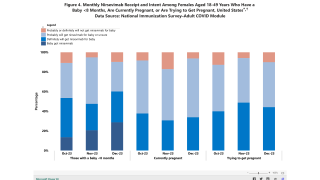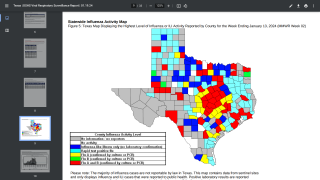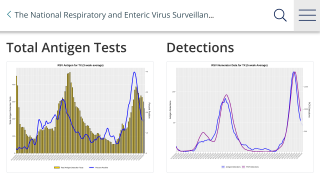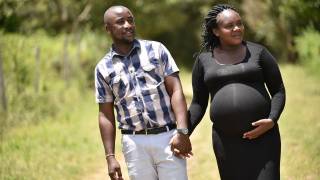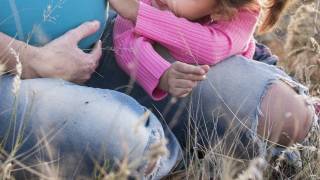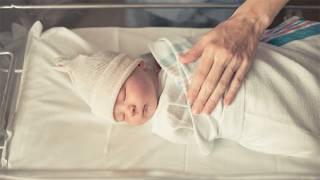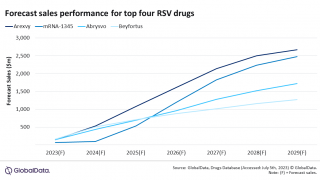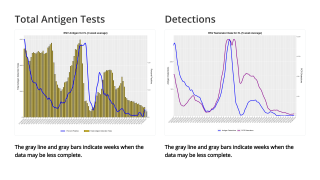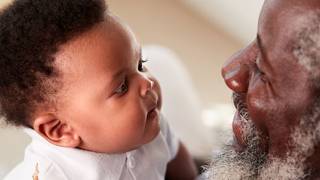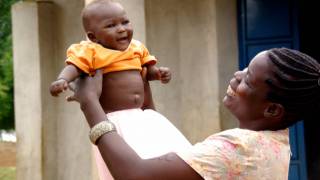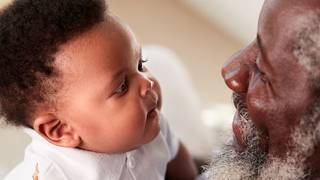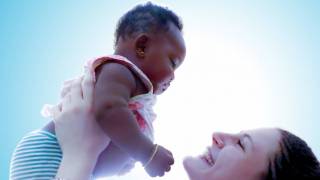Expecting Mothers Have RSV Prevention Options

As the 2023 RSV season begins to accelerate in the United States, pregnant women have two options to protect their child from the Respiratory Syncytial Virus (RSV).
Over the past month, the U.S. Food and Drug Administration (FDA) approved an RSV monoclonal antibody (mAb) and vaccine to protect infants from RSV.
On August 21, 2023, the FDA approved the first vaccine for pregnant women to prevent lower respiratory tract disease (LRTD) and severe LRTD caused by RSV in infants from birth through 6 months.
Pfizer Inc.'s single-dose injection ABRYSVO™ is now approved for use during the third trimester of pregnancy.
And in July 2023, the FDA approved Beyfortus™, the first extended half-life mAb offering passive immunization to prevent LRTI caused by RSV.
Beyfortus is designed to protect infants experiencing their first or second RSV season and those with congenital heart or chronic lung disease.
"RSV is a common cause of illness in children, and infants are among those at highest risk for severe disease, which can lead to hospitalization," commented Peter Marks, M.D., Ph.D., director of the FDA's Center for Biologics Evaluation and Research, in a related press release.
While both FDA-approved products are single injections, vaccines and mAbs create immunity in a person's body differently.
Vaccines are a type of active immunity requiring a healthy immune system that jumpstarts the body's natural ability to produce infection-fighting cells, says the U.S. CDC.
While mAbs are passive immunity given directly to an individual to rapidly protect against or fight an illness rather than being produced by the body.
Since these are new prevention options for infants, the duration of RSV antibody immunity remains in question.
According to recent announcements, following the CDC's director's final approval, both products should be available in the U.S. in 2023.
"Newborns and young infants – whose immune systems are still developing and are not yet strong enough to defend against infections – may now be protected from RSV from the moment of birth through maternal immunization," said Eric A.F. Simões, M.D., Clinical Professor, Pediatrics-Infectious Diseases, University of Colorado School of Medicine and Children's Hospital Colorado, Aurora, in a Pfizer press release on August 21, 2023."
Regardless of which RSV immunity option an expecting mother chooses in collaborating with a healthcare provider, various financial support programs, such as the Vaccines for Children Program, are available.
Our Trust Standards: Medical Advisory Committee



